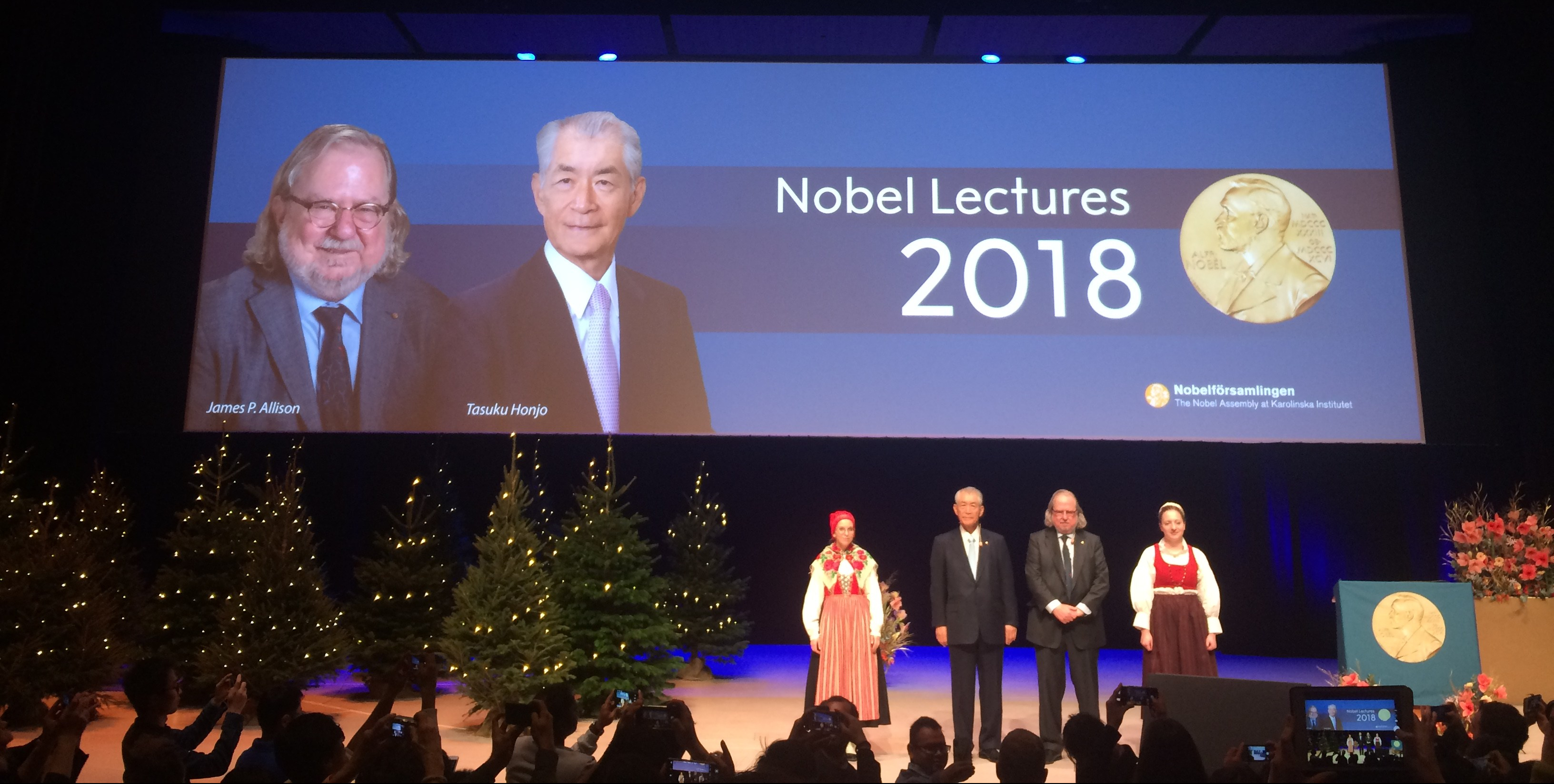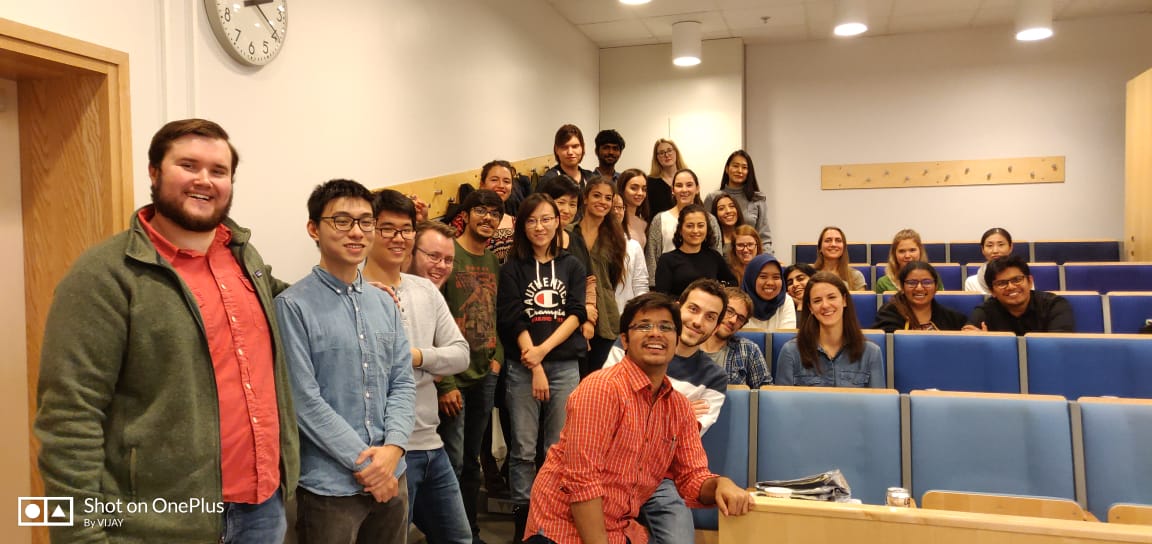How does studying at KI usually look like
Ever wondered how studying at KI is like? Starting a new program at an unknown university is always challenging, and even more if it’s on a new country! Luckily, during my time at Karolinska Institutet I have seen that all my classmates adapted very quickly to this new environment, and the university provides all resources needed for it. But going back to practical matters, if you are wondering how my studying experience at KI is like keep reading this post!
Variable schedules
This was a bit surprising to me, since in my bachelors all courses in a semester started the same day, and ended the same day. This also meant that all final exams were congregated in approximately two weeks at the end of the semester. However, my studies at KI were not like this. First of all, my courses were very variable in terms of how many credit points were they worth. This made them have more or less assigned hours, and therefore had to start sooner or later during the semester. How did things look in practice? Not all courses start together, and final exams are distributed along the semester.
This variability also applies to the daily schedules Some days are full days of lectures that usually go from 9 am to 3 pm. Other days we have lectures in the morning and free afternoons for individual study or group work. And lastly, we also have some “free”, full self-study days in the middle of the week. In my experience and personal perspective, it can be a bit hard to get used to this since you need to constantly check your schedule, but it also makes the weeks less repetitive.
The importance of group work
A big part of the learning process at Karolinska Institutet is based on Problem-Based Learning, group discussion and flipped-classroom. Therefore, most (if not all) courses have some sort of group project. We had plenty of those in the Molecular Techniques in Life Science Master’s Programme: journal clubs, designing experimental projects, ethical debates…
Most people have a love-hate relationship with group projects, and I would suggest to start loving them before you start your studies at KI. Moreover, since there is so much variability in the student’s backgrounds, discussions are usually very interesting and you have the chance to learn a lot.
Ethics and global health are omnipresent
All courses at KI encourage students to reflect about ethics and global health problems and solutions, in the specific context covered in the course. For example, in my Genetics course we discussed about the ethical implications of genetic testing, and even about how genetic doping can be dangerous and detrimental to athletes. I did enjoy these discussions a lot, since you can learn about many different perspectives to see or solve these problems, and it is always important to reflect about the significance and social contribution of what you work on.
Plenty of expert speakers and invited lecturers
One of the advantages of being a small and very research focused university is that most lectures at the master’s level are taught by researchers with a extended experience in their field. Apart from teaching state-of-the-art discoveries on their field, this gives students the opportunity to get in touch with research being currently performed at KI. I know that several of my classmates, me included, got an internship or thesis project in the lab of an invited lecturer or professor in our Master’s.

A comfortable classroom environment
Lastly, all courses I have taken at KI provided a comfortable classroom environment in which discussion was encouraged, and the student opinion was warmly considered. In the two year’s of Master’s we have had plenty of feedback sessions with the Programme’s Directors, and we have seen that our opinion was been listened to and considered when changing the Master’s content or structure, as far as it is possible. As a student, it is very encouraging to see how much is our opinion appreciated.

I hope you’re looking forward to starting your studies at KI!
\Inés
Cover image credits: Erik Flygg.
email: ines.rivero.garcia@stud.ki.se
LinkedIn: Inés Rivero García.

0 comments